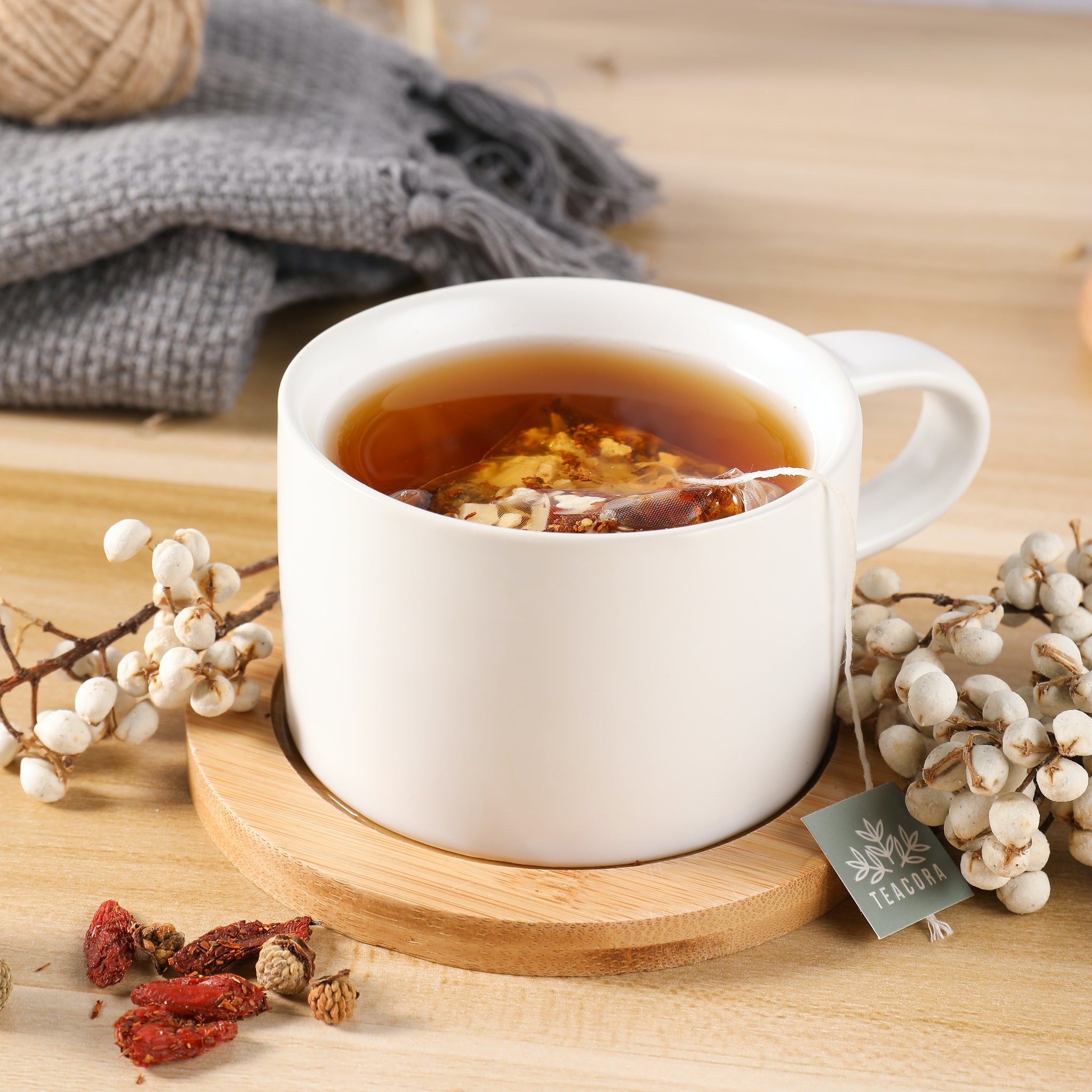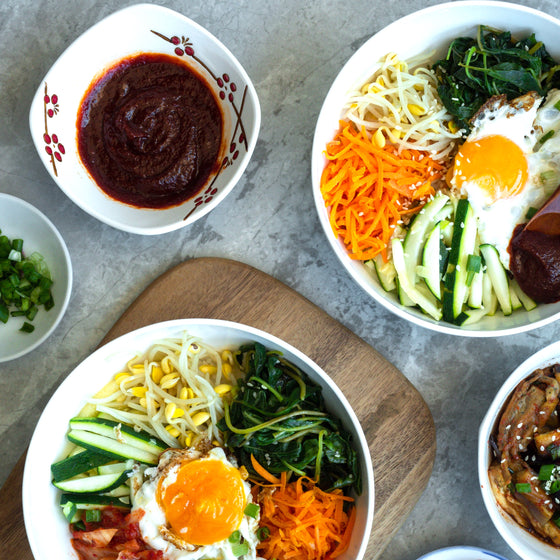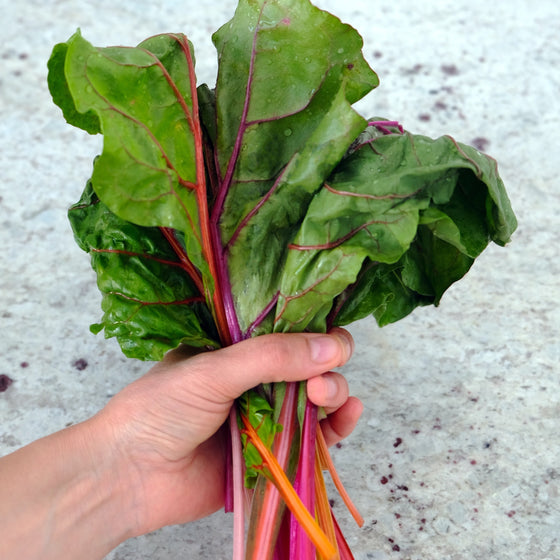Big news—we're now in Whole Foods! Check out our store locator for more information.

Ever since I was a child, frequent trips to a Chinese herbal shop had always been quite an adventure.
Growing up in New York City, that little shop in the alleyway of Chinatown’s Mott Street was the place my mom would take me whenever I had a sore throat or an unsettled stomach. To this day, I still have not developed any tolerance for that brown, bitter herbal tea. Yet there was always something intangible that always made me look forward to those trips whenever I got sick. Sticking out my tongue was always the first thing that I was asked to do, as the Chinese herbalist wanted to get a better sense of what my general health status was. Then, my mom would go on to explain the various symptoms that I had been experiencing. As the white-gowned herbalist proficiently grabbed the prescription of many kinds of dried herbs from drawers that extend the whole wall, carefully weighed them on a traditional rusted metal scale, and divided the entire batch of herbs into smaller portions, I was fixated on the herbalist’s every single action.
Mom always told me those dull, dried plants could heal by balancing the body’s yin and yang. But I was never quite sure of this as a kid. And so I wanted to do a bit of research, not only to take a deeper dive into the history of traditional Chinese herbal medicine, but also to enrich my knowledge in case my own children pose the same questions to me one day.
Unlike most Western medicines, when it comes to Chinese medicines, herbal prescriptions focus on creating harmony within the body and fostering a long-term body healing process instead of a single, quick solution. The diversity of the herbs also allows for highly individualized herbal recipes for each patient, since physicians are able to select and combine different herbs based on an individual's symptoms.
One of the best known Chinese herbs is Ginseng, which is literally translated to “human root” due to its vague resemblance to the shape of a human body. Praised for boosting both our immune system and anti-inflammatory responses, ginseng can either be consumed whole once lightly steamed or taken as powder. More interestingly, it is thought to revitalize qi (a term commonly used in traditional Chinese medicine to describe our body’s internal flow of energy). Ginseng might even help to regulate brain functions such as improving memory and mood.
We’ve probably all had mandarins oranges before, but what if I tell you the peel, which you commonly throw into the trash, actually has health benefits? In fact, Aged Mandarin Orange Peel is often used as a “warming” agent, which can help with the spleen and stomach functions once sun-dried. Besides being rich in vitamin C, dried mandarin peels have also been shown to fight arthritis and support skin health.
Lastly, I just wanted to share a tiny red fruit that I even incorporate into my everyday life — Dried Goji Berries. Packed with antioxidants, these berries can help reduce the risks of chronic health problems such as cancer, heart disease, and diabetes. Some research has also shown that goji berries may enhance eye health and protect against macular degeneration. Sprinkling a few goji berries into my daily cup of tea or soup not only adds that pinch of sweetness (you can eat the berries too!), but is also an easy way to feel good about myself.
With that, there is no wonder why the legacy of traditional Chinese healing medicine has been passed down for generations. As scientific breakthroughs continue to open up new avenues to examine the health benefits of traditional Chinese herbs, I hope we can all gain a deeper understanding and knowledge of this amazing branch of medicine for health and healing.

Tong, as we the Cantonese would call broth, is just as essential to any dining table as rice. Usually composed of a protein (chicken, pork, beef, or fish) combined with vegetables, seeds, and medicinal herbs, Tong is served at the beginning of the meal and consumed throughout mealtime as a beverage.

In fact, many microbes carry essential roles in our bodily functions, such as breaking down the food we eat, working alongside our immune system, providing nutrients for other cells in the body, and regulating metabolism. What’s more, our gut microbiome is able to change its composition based on what food we eat. You’ve probably heard those beneficial probiotics in yogurt a thousand times, but what if I tell you those magical microbes are present in many popular Asian foods as well?

We all agree colorful things lighten up our day. When it comes to eating, similar rules apply: who doesn’t love a plate filled with colorful food? However, simply being visually appealing is not enough. In fact, colorful fruits and veggies are packed with important nutrients such as vitamins and minerals. At FreshZen, we believe in a nutrient-dense, plant-based diet, and here is just a spectrum of colorful produce that will certainly go well with our most beloved Ginger Scallion pesto sauce.
Ruby ruby@freshzenfoods.com
Author